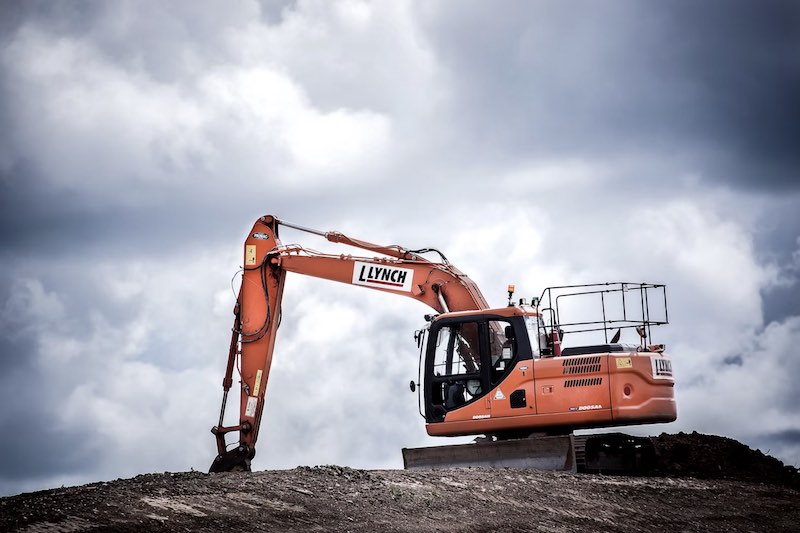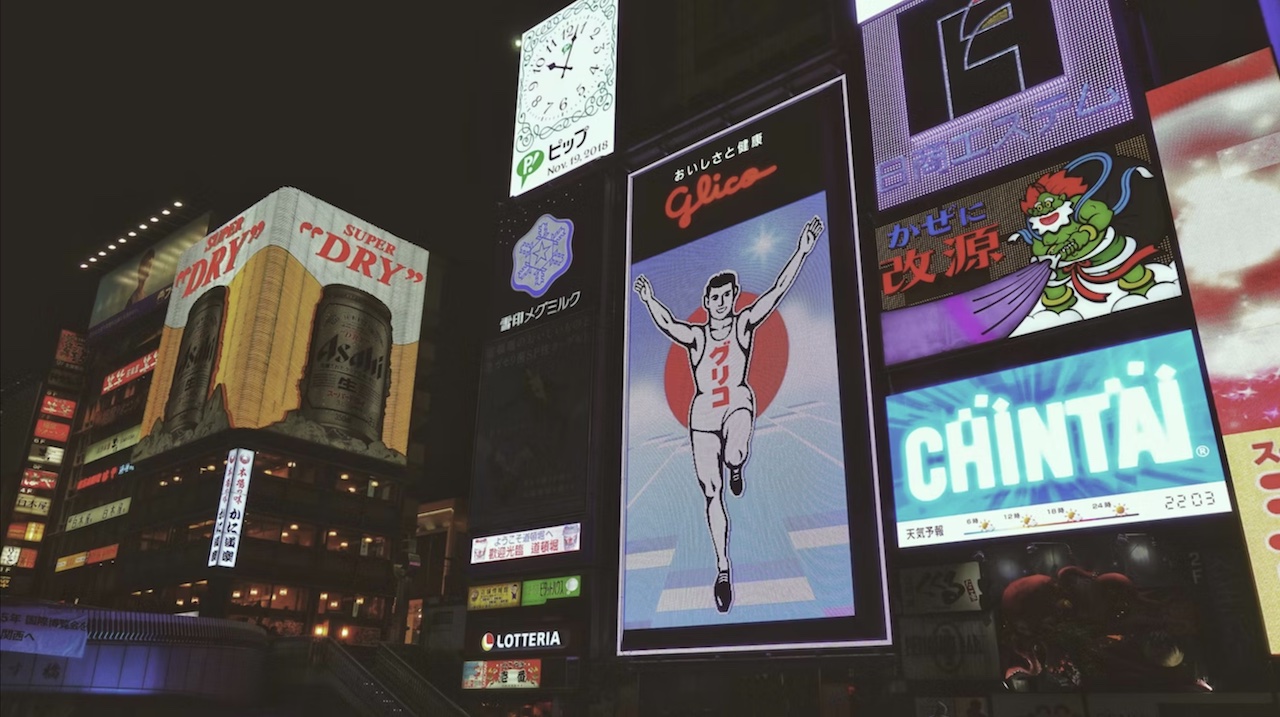Oct 25 (News On Japan) - There have been efforts to open a casino in Japan for several decades. Back in 2000, the mayor of Tokyo proposed building a casino on the artificial island of Odaiba that sits just off the coast of the capital.
However, strict legislation in Japan meant that this vision would not see the light of day.
There have been several other attempts to bring casinos to the land of the rising sun in the years that followed, but it took until 2018 for lawmakers to finally get rules on the statute book that would allow such establishments to operate in the country.
More than six years on, there are still no casinos operating in Japan. So, when can we expect the doors to open and the roulette wheels to begin spinning?
The Case for Integrated Resorts in Japan
Not all casinos are created equal. There are the tiny slot machine parlours that you might find in a British town centre, the larger casinos that operate from many major cities in European countries, and then there are the giant integrated resorts that tower over the desert sand in Las Vegas.
But what is an integrated resort and why has this been chosen as the operating model for Japan?
Integrated resorts were invented in Vegas by industry juggernauts like Kirk Kirkorian as a way to create a more diversified offering.
In today’s market, online platforms like PokerStars Casino offer a huge variety of games, including classic table and card games, modern video slots, and innovative live dealer options like Joker’s Wheel and Red Door Roulette. These can be played from almost anywhere with an internet connection, removing the need for players to physically travel to a casino to have a flutter.
Integrated resorts work best for Japan as they create a greater pull for tourists, the primary target market for the country’s planned casinos.
Following the model of Vegas and the regional examples of Singapore and Macao, Japan hopes to attract more tourists through the creation of one-stop-shops of entertainment through an offering of live music, fine dining, boutique shopping, and live sports.

No Spades in the Ground
But building such a large facility is expensive and time-consuming, assuming you can find the land suitable for building on. And that has been a long process all on its own.
This legislation passing was only the first step in a long journey. It then fired the starting pistol on a bidding process where cities and regions had to compete for the right to play host to the first casino in Japan.
The original plan was to allow three cities or regions to be granted permission, but only two areas (Osaka and Kyushu / Nagasaki) made a submission in the first round. However, of the two, only Osaka has been awarded the right to build a casino.
Kyushu / Nagasaki may still get the green light too as its application is being reviewed.
In early October 2024, Osaka handed over much of the land intended for the construction of the resort. 46 of the 49 hectares are now in the possession of the casino’s joint venture partners through a lease that’s been granted for an initial term of 35 years.
When Will Osaka’s Casino Open?
We are likely going to have to wait a further five years to see Osaka’s casino open. Back in April 2023, when the city was first successful in its bid to host a resort, the BBC reported that it wouldn’t open until 2029.
This has already been pushed back to 2030, with little prospect of any acceleration of the programme. As we have seen all the way through, Japan is happy to take its time with this. It wants to get it right the first time, so slow and steady is the way it plans to win this race.
Before then, architectural designs and technical specifications need to be completed. The land also needs remediation works before any construction materials can be placed on it. In particular, efforts to prevent soil liquefaction are required.
















